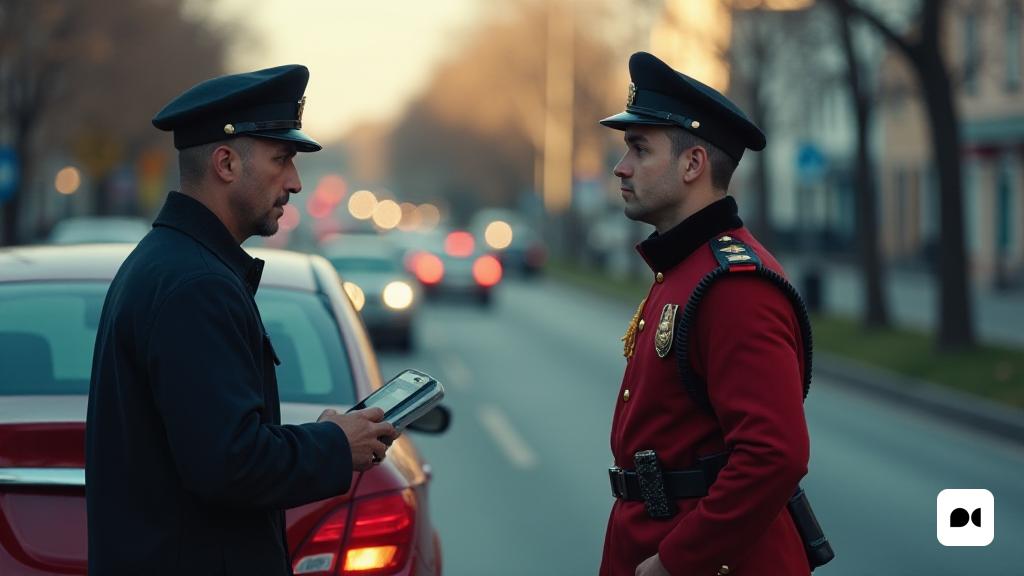The fragility of answers in traffic controls
In routine traffic controls, Civil Guard agents often ask questions that may seem innocent, but which may actually have a significant legal impact. Many drivers, at a time of stress, can respond without considering the possible repercussions that their words could have on their legal situation.
The key question: A Hidden Danger
One of the most common questions that drivers are raised is: ‘Do you know why I stopped?’ This question, which may seem routine, is a true legal mined field. Right professionals warn that an impulsive response can seriously complicate the situation of the driver, affecting the file that opens by the violation.
Self -Encrimination: A real risk
Attorney Andrew Flusche, an expert in traffic violations, emphasizes that answering this question can lead to self -incrimination. For example, if a driver responds affirmatively, acknowledging that he was fast or not a signal, this confession can be used against him. Flusche recommends keeping calm and responding neutrally, such as, ‘I don’t know, can you explain it?’
Driver’s Rights: You are not obliged to testify
It is essential to remember that the right to non-self-inclement is applied not only in court contexts, but also during traffic controls. Drivers should not feel obliged to recognize any offense, even if the authority presses them to do so. Spontaneous answers, which could seem collaborative, can end up playing against the driver.
The importance of tone and attitude
The tone of the answer is equally relevant. Although it is vital to maintain respect for agents, Flusche warns that this should not be confused with resignation from personal rights. Avoiding attitudes challenges and maintaining a calm environment during control can be decisive for the outcome of the situation, as it can influence whether the driver receives a formal notice or fine.
Final reflections on interaction with authority
In short, in traffic control situations, prudence is the best ally. Careful responses and knowledge of legal rights can make a difference between a simple warning and a significant sanction. It is advisable to be prepared and be aware of how each word can influence the outcome of an interaction with the authorities.

